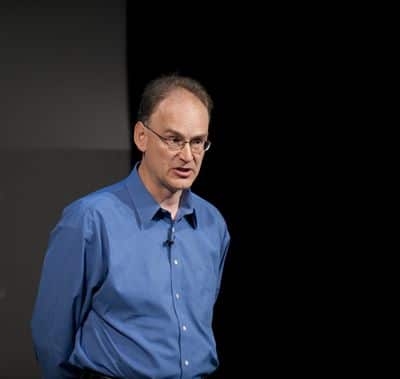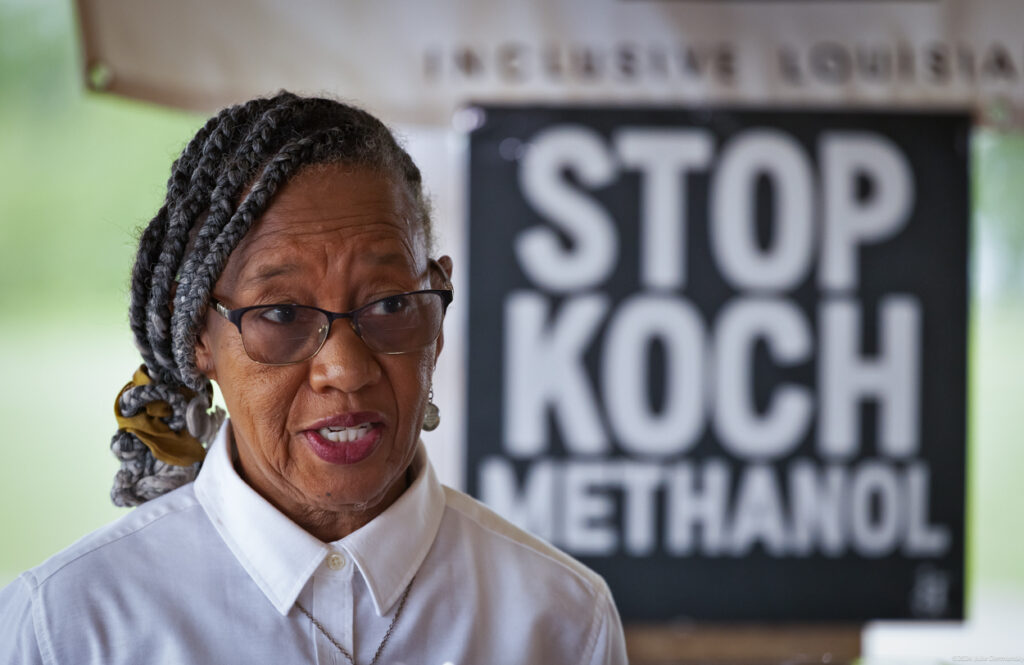Matt ‘King Coal’ Ridley was seriously concerned that his vested interests in open cast mining would cloud his judgement on climate science, the Tory peer confirmed in a remarkable interview.
The member of the House of Lords, famous author, and self-styled climate ‘lukewarmer’ also admits that he has not read widely on the science of global warming and is likely to be guilty of selection bias.
Ridley claims that he had originally believed climate scientists who claimed fossil fuels were causing dangerous climate change – despite the fact he was at the time profiting from coal mining.
This, he believes, is adequate proof that he is somehow immune from the influence that such direct vested interests may have had on his views. So now that he attacks climate science, his audience should trust that his rent from the coal industry is not a cause for concern.
Climate Threat
The zoologist set out how he had been convinced of the threat to the climate after the publication of Michael Mann’s iconic ‘hockey stick’ graph, which charts the extraordinary and unprecedented rise in global average temperatures in recent decades.
But he has since been persuaded by the work of Ross McKitrick – a researcher supported by an oil-funded neoliberal think tank – his co-author Steve McIntyre, and free market contrarian Bjorn Lomborg, that the scientific community has conspired to inflate the crisis.
The coal baron is today among the most influential British climate deniers. Rupert Murdoch, the owner of the country’s most powerful media empire, has fallen under his influence. He is also on the academic council of Lord Lawson’s Global Warming Policy Foundation.
Ridley told Russ Roberts of EconTalk that: “I would often go further and say, actually, there’s pretty good evidence that the carbon dioxide emissions we are putting into the atmosphere as fossil fuels are in many ways improving the environment.”
He then discussed his coal interests.
Personal Investments
“I took a lot of personal attacks. People attacked my motives. And it’s true that I have got personal investments in coal mining near my home; in fact, my family has been in it one way or another for a couple of hundred years.”
“So, maybe I have a vested interest in carbon dioxide emissions. But I’ve always declared that. I’ve always made that very explicit.”
The interview continued as follows:
Roberts: “You owned that coal when you were worried about global warming.”
Ridley: “Well, exactly. That’s right.”
Roberts: “Kind of gives you a…”
Ridley: “…It’s held me back. I’ve thought – I better not, I must be being influenced by my own vested interests here, so I’d better be careful. So, for a long time I hesitated before expressing my scepticism, for that reason.”
“But, anyway, I was attacked for that. But extraordinary attacks. I mean, really bizarre attacks would come at me. Very personal, very rude…”
“Why do some of my colleagues in the House of Lords resort to impugning the quality of my PhD thesis, which was on the behaviour of birds 35 years ago?”
Moreover, Ridley went on to say that his own reading of climate science was inadequate: “But I think the vast majority of people have not read deeply into climate science. And I’ve read quite deeply, but I won’t claim that I’ve read deeply enough.”
Selection Bias
He also admitted that he may be guilty of selection bias – only internalising evidence that supports his pre-existing world view: “It’s because we all look at the evidence and see what we want to see, to some extent. And no doubt I’m doing the same.”
Ridley also raised the possibility that he may be completely mistaken in claiming that climate change will not be dangerous in the next 100 years. “I might be wrong on that,” he confirmed. “I might feel guilty in having that view in 50 years’ time, as the weather heats up rapidly.”
Interestingly, Ridley tried to play down his own influence on government. “I am a very, very low form of life politically,” he said.
“In fact, judging by the exchange I had yesterday with a government minister in the House of Lords, I am probably not the flavour of the month with my own government at the moment. But that’s another matter.”
He then repeated the meme which is being forced out by economists working for free market think tanks – that capitalism will deliver so much prosperity that people will be able to afford to adapt to or ignore the ravishes of climate change.
He said: “But I think that every likelihood that the great grandchildren who will face one or two degrees of warming in the next century will actually be pretty wealthy people.”
Neoliberal View
These remarkable confessions of an under-read climate denier may have been the result of being interviewed by a publication that wholly supports his neoliberal world view.
Roberts, the host, set out how his own ideological adherence to free market capitalism had made him impervious to the results of climate research.
He said: “I would call myself agnostic or sceptical about the climate change debate, partly for the reasons you mention: that a lot of the so-called cures strike me as very dangerous, raising the price of energy when a large part of the world is very poor strikes me as a very cruel thing to do.”
“And so, the uncertainty and the failure to predict accurately always suggested to me that they don’t, scientists don’t fully understand this. Even though, as you point out, I’m certainly very ignorant – you were talking about yourself, but I’m very ignorant of the details.”
“I’ve not read deeply, but I have a certain intuition from my knowledge of economics and how research is done, and when I see people repeatedly overestimating the impact of carbon dioxide I start to think, ‘Hmmm. Why aren’t they starting to get more humble about their approach?’ They don’t. They seem to get more certain. And that causes me to be sceptical.”
Photo: Thinking Digital via Flickr
Subscribe to our newsletter
Stay up to date with DeSmog news and alerts






